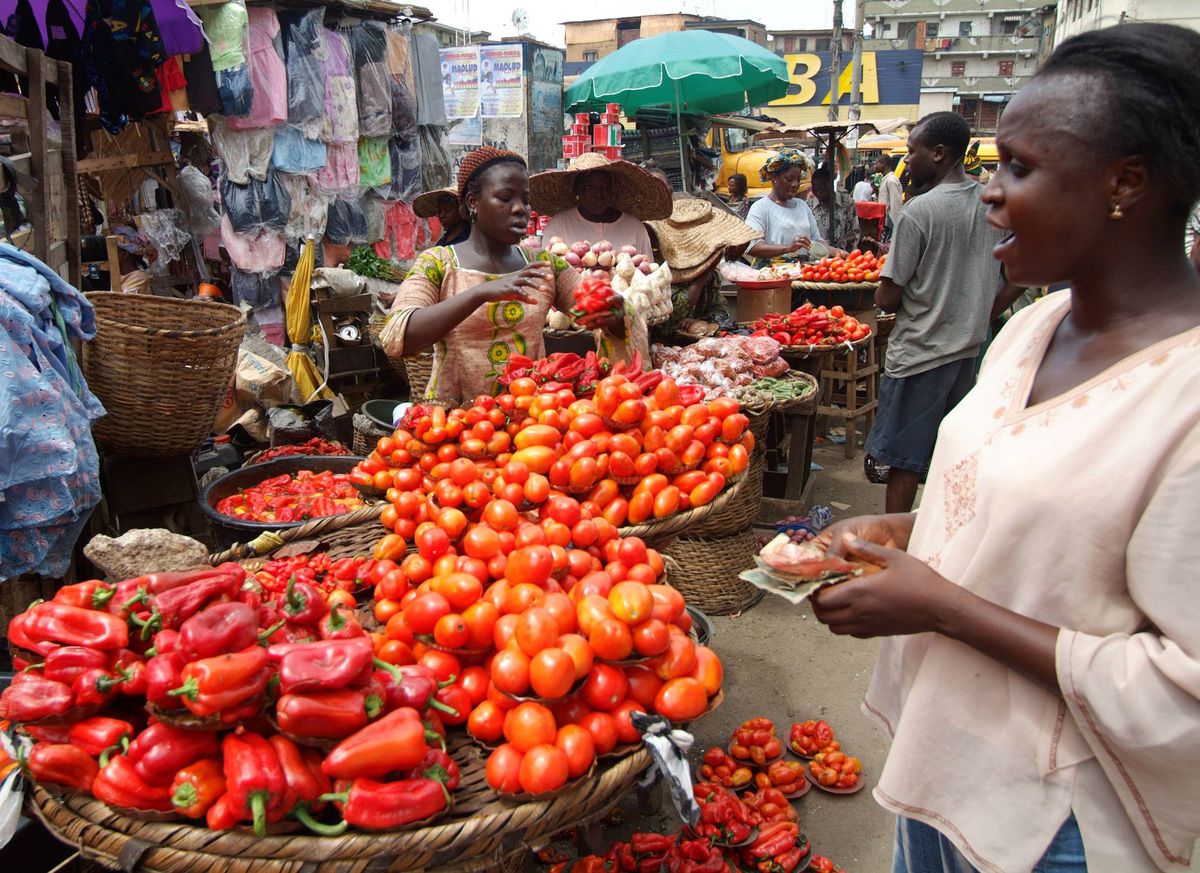ABUJA, Nigeria — Nigeria is grappling with a deepening food security crisis, with over one million more people falling into severe food insecurity in 2024 compared to the previous year, according to a new report by the World Bank.
The Food Security Update Report highlights a worsening situation not just in Nigeria, but in other vulnerable countries such as Ethiopia and Yemen, where conflict and climate-related shocks have significantly intensified food shortages.
“Nigeria, Ethiopia, and Yemen have each seen more than one million additional people facing acute food insecurity this year,” the report stated, underscoring the complex interplay of economic and environmental challenges fueling the crisis.
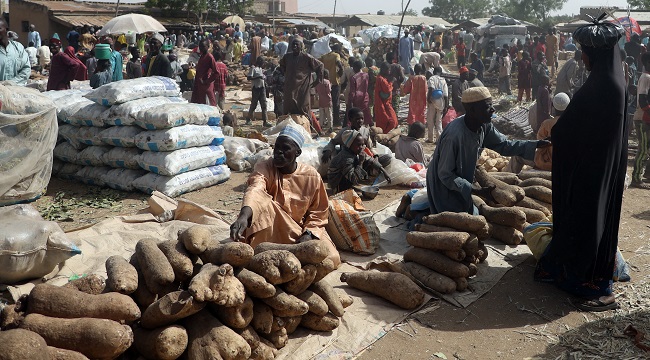
Economic Reforms and Soaring Food Prices
The Nigerian government’s recent economic reforms are among the factors exacerbating the food crisis, the report notes.
President Bola Ahmed Tinubu, who took office in May, introduced policies to stabilise the country’s economy.
However, these measures—alongside galloping inflation—have triggered hardship for many Nigerians.
Since Nigeria shares a 1,600-kilometer border with neighbouring Niger, the recent closure of that border has further strained the economy.
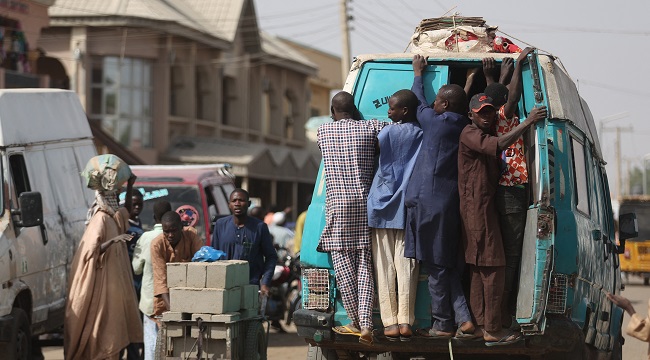
The blockade disrupted trade flows, driving up food prices. As of August 2024, Nigeria’s domestic food price inflation stood at a staggering 37.5% year-on-year, one of the highest levels globally.
“Since the border closure, it has been a double whammy for the local population, who have seen food prices explode under the combined effect of new movement restrictions and rising inflation,” the report explained.
Low-income households are bearing the brunt of the crisis, with many struggling to afford basic food items as incomes fail to keep pace with rising prices.
Climate Shocks and Socio-Political Instability
The food insecurity crisis is also being driven by climate-induced challenges, including severe flooding and prolonged dry spells that have disrupted agricultural production.
“In Nigeria, an estimated 1.6 million hectares of land have been inundated, including 342,650 hectares of cropland, affecting 685,770 vulnerable individuals,” the report revealed.
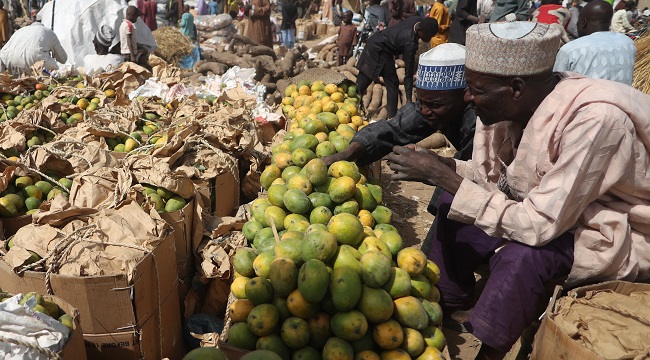
Neighbouring countries such as Mali, Cameroon, and Ghana have faced similar challenges, with droughts and floods devastating farms and leaving millions in need of emergency support.
The northern and northeastern regions of Nigeria, already struggling with conflict and instability, are particularly hard-hit by drought conditions.
Flooding has also compounded the crisis, affecting crop yields across several West African nations and driving further food insecurity.
Regional Impact and Call for Aid
In total, floods and droughts have affected 3.5 million people across West and Central Africa.
The World Bank estimates that $50 million is urgently needed to assist 760,200 communities with basic food relief.
The crisis is part of a broader trend across Africa, where food insecurity is being exacerbated by a mix of conflict, climate change, and economic instability.
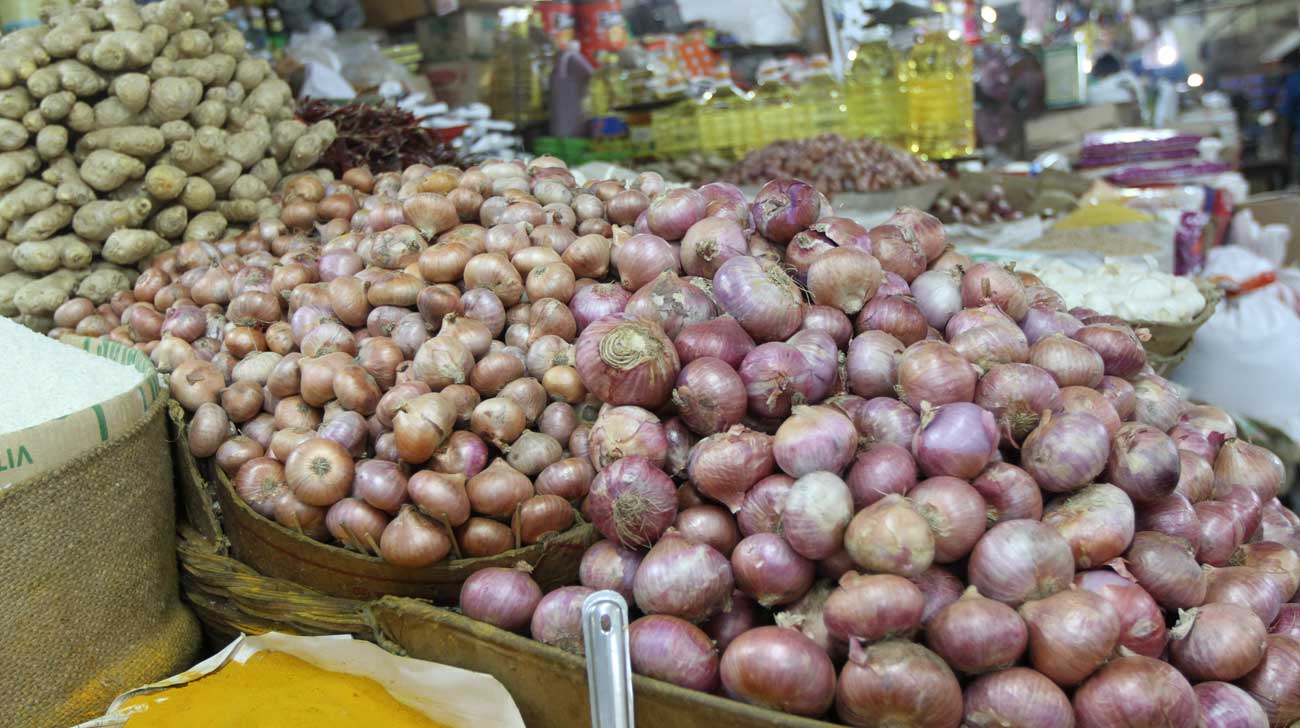
While some countries, such as Afghanistan and Kenya, have reported slight improvements in food security, Nigeria and other nations continue to experience deteriorating conditions.
The report underscores the need for swift international support to prevent the situation from worsening further.
“Urgent intervention is needed to address the immediate food needs of affected populations,” the World Bank warned.
With food prices soaring and climate shocks intensifying, the coming months will test Nigeria’s resilience as it navigates this growing crisis.

